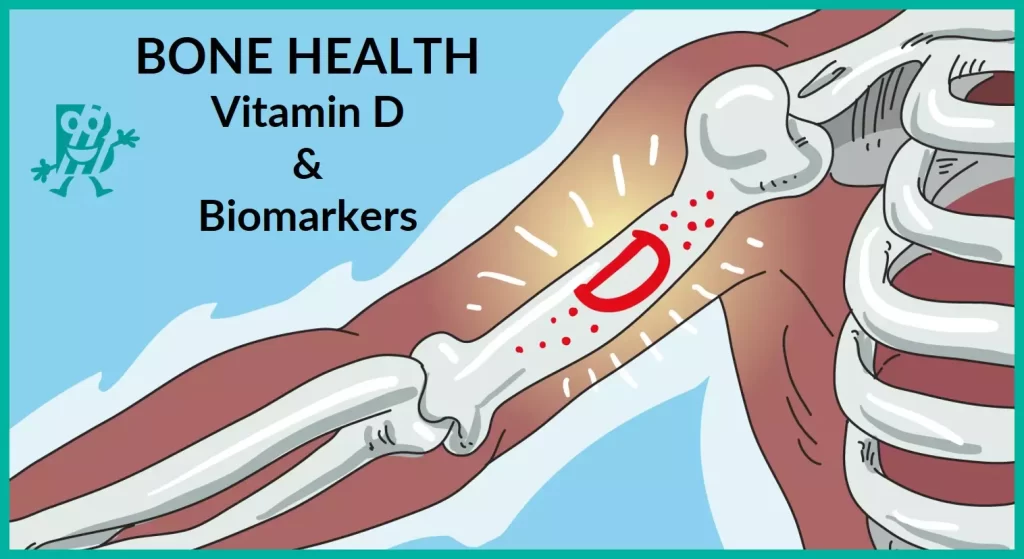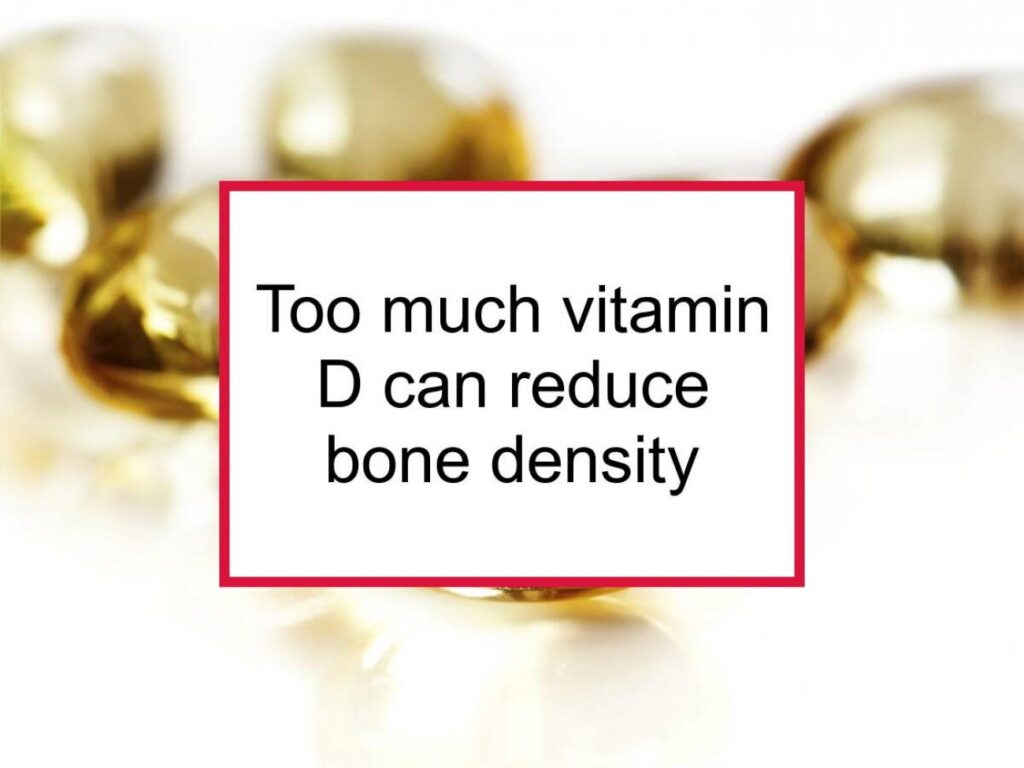Vitamin D plays a crucial role in maintaining bone health. Despite its importance, many people suffer from vitamin D deficiency, which can significantly impact their bone health. This blog explores the Connection Between Vitamin D Deficiency and Bone Health by how vitamin D deficiency affects bone health, why vitamin D is critical, whether too much vitamin D can cause problems, and how vitamin D influences bone healing.
How Does Vitamin D Deficiency Affect Bone Health?

Vitamin D deficiency can lead to various bone-related issues. Without adequate vitamin D, your body struggles to absorb calcium effectively. Calcium is essential for maintaining strong and healthy bones. When vitamin D levels are low, your body cannot absorb enough calcium from your diet, leading to weakened bones.
This deficiency can result in conditions such as osteocalcin in adults and rickets in children. Osteocalcin causes softening of the bones, leading to bone pain and muscle weakness. Rickets lead to deformities in growing children, including bowed legs and weakened bones.
Additionally, low vitamin D levels can contribute to osteoporosis, a condition characterized by brittle and fragile bones. Osteoporosis increases the risk of fractures and can significantly impact your quality of life.
Why Is Vitamin D Critical to Bone Health?

Vitamin D is essential for bone health for several reasons:
- Calcium Absorption: Vitamin D helps your body absorb calcium from your diet. Calcium is a key component of bone tissue, making this nutrient crucial for bone formation and maintenance.
- Bone Growth: During childhood and adolescence, vitamin D supports bone growth and development. Adequate levels ensure that bones grow properly and achieve their peak strength.
- Bone Remodeling: Vitamin D also aids in the bone remodeling process. Bones are constantly being broken down and rebuilt. Vitamin D helps regulate this process, ensuring that bone density remains healthy.
- Muscle Function: Vitamin D supports muscle function, which is important for maintaining balance and coordination. Proper muscle function reduces the risk of falls and related fractures, particularly in older adults.
Can Too Much Vitamin D Cause Bone Problems?

While vitamin D is vital for bone health, too much of it can cause problems. Excessive vitamin D intake can lead to vitamin D toxicity, a condition known as hypervitaminosis D. This condition results in elevated levels of calcium in the blood, a condition called hypercalcemia.
Hypercalcemia can cause various symptoms, including nausea, vomiting, weakness, and confusion. In severe cases, it can lead to kidney damage and the formation of calcium deposits in the tissues. These complications can negatively impact bone health and overall well-being.
To avoid vitamin D toxicity, it’s essential to stick to recommended daily allowances and consult with a healthcare provider before taking high doses of vitamin D supplements.
How Does Vitamin D Affect Bone Healing?

Vitamin D plays a significant role in bone healing. When you suffer a bone fracture, vitamin D supports the healing process in several ways:
- Calcium Supply: Adequate vitamin D levels ensure that your body absorbs enough calcium to repair and strengthen the fractured bone. Calcium is crucial for new bone formation and consolidation.
- Bone Formation: Vitamin D helps regulate the activity of bone-forming cells called osteoblasts. These cells are responsible for producing new bone tissue during the healing process.
- Bone Remodeling: During recovery from a fracture, bone remodeling occurs, where the bone gradually regains its strength. Vitamin D supports this process by ensuring that the bone matrix is properly mineralized.
- Reducing Inflammation: Vitamin D has anti-inflammatory properties that can help reduce inflammation at the fracture site. This can lead to a faster and more effective healing process.
Read more – Role of Nutrition in Bone Health: Foods for Stronger Bones
Conclusion
Vitamin D is essential for maintaining healthy bones and supporting overall bone health. Deficiency in this vital nutrient can lead to weakened bones, increased risk of fractures, and various bone-related conditions. Ensuring adequate vitamin D levels through diet, sunlight exposure, and supplements can help maintain bone strength and support bone healing. However, it’s important to avoid excessive vitamin D intake, which can lead to complications. By understanding the role of vitamin D in bone health and managing your levels appropriately, you can protect your bones and enhance your overall well-being.
To Know More – Vitamin D and Bone Health; Potential Mechanisms
